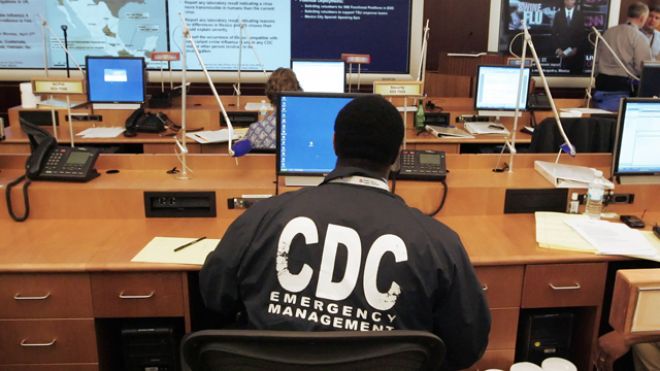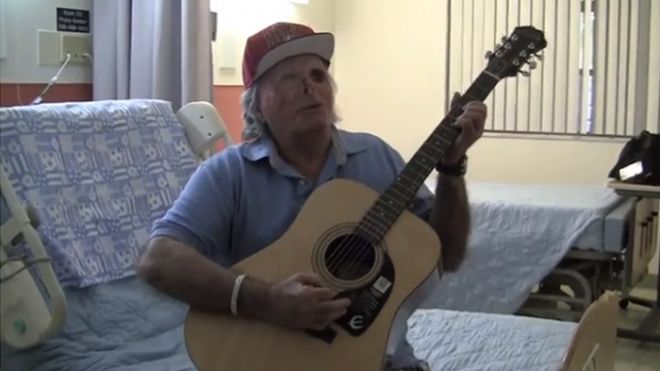As the legendary front man of The Who, Roger Daltrey has been entertaining fans across the globe for decades – but his latest project goes beyond the music, and into the lives of some very special fans here in America: Cancer patients. “I've been supporting a charity called Teenage Cancer Trust, which was started by my doctor, who recognized, within our system of medical care, that the age group from 13-25 are very, very specific,” Daltrey told FoxNews.com. “They are not children, and they are not adults – and if they are unfortunate enough to get cancer, they tend to suffer some of the most aggressive cancers.” I had the incredible opportunity to sit down and talk with Daltrey about his efforts with Teenage Cancer Trust the UK for more than 15 years, and how he’s bringing that same passion ‘across the pond’ with Teen Cancer America. Here in the U.S., many patients under the age of 18 end up in children’s hospitals when they are diagnosed with cancer. And while we do have some of the best children’s hospitals in the world, for teens and young adults – their treatment regimen may need some tweaking for the best outcome. “When you look at children's hospitals, to be honest, you have fabulous medicine here (in the U.S.), you have fabulous hospitals, and I've looked around quite a few now, and I've found it very difficult to find anything that is actually teenage-friendly,” said Daltrey. “And so it's our ambition and our mission, to, to make Teen Cancer America a gold standard – a stamp of approval.” Teenage Cancer Trust in the UK and Teen Cancer America work with hospitals to provide physical and psychological support to patients going through treatment for various forms of cancer. And since the program started 23 years ago in the UK, doctors have seen the benefits of making treatment programs age-appropriate. As a practicing physician, I believe there are two basic components to successful health and healing. One of them is physical medicine – whether you're talking about surgery, drugs, etc. – and the other part of it is the patient’s mindset. If a patient is not in an environment that puts him or her in a positive mindset, the outcome often suffers drastically. “It's the quality of life that we should be worrying about – not just the cure,” said Daltrey. “And while you're going through it, especially for this age group, um, because they've got educational problems, they're right in the middle of their exams, you know, they're whole future's kind of been taken away from them – it's enormous pressures.” Teen Cancer Trust has already opened up 25 centers throughout the UK and is currently working on nine others. Here in the U.S., with the help his bandmate, Pete Townshend, Daltrey opened the first U.S. facility at UCLA Medical Center.   “It's a very different system than you've got here where um, the ones that we have got, they've given us space in hospitals and we've then provided the services,” Daltrey told FoxNews.com. “So when you look at the kind of finances of this, it's a cheap end, it's a cheap outlay for a very big result.” Daltrey noted that some medical centers like Children’s Hospital of Philadelphia and Children’s Hospital of Cleveland are in talks with Teen Cancer America to bring teen facilities to their cancer centers, and Yale Cancer Center has already started an outpatient service for teens. For more information visit TeenCancerAmerica.org.source : http://www.foxnews.com/health/2013/05/20/who-cares-roger-daltrey-helps-teens-with-cancer/






